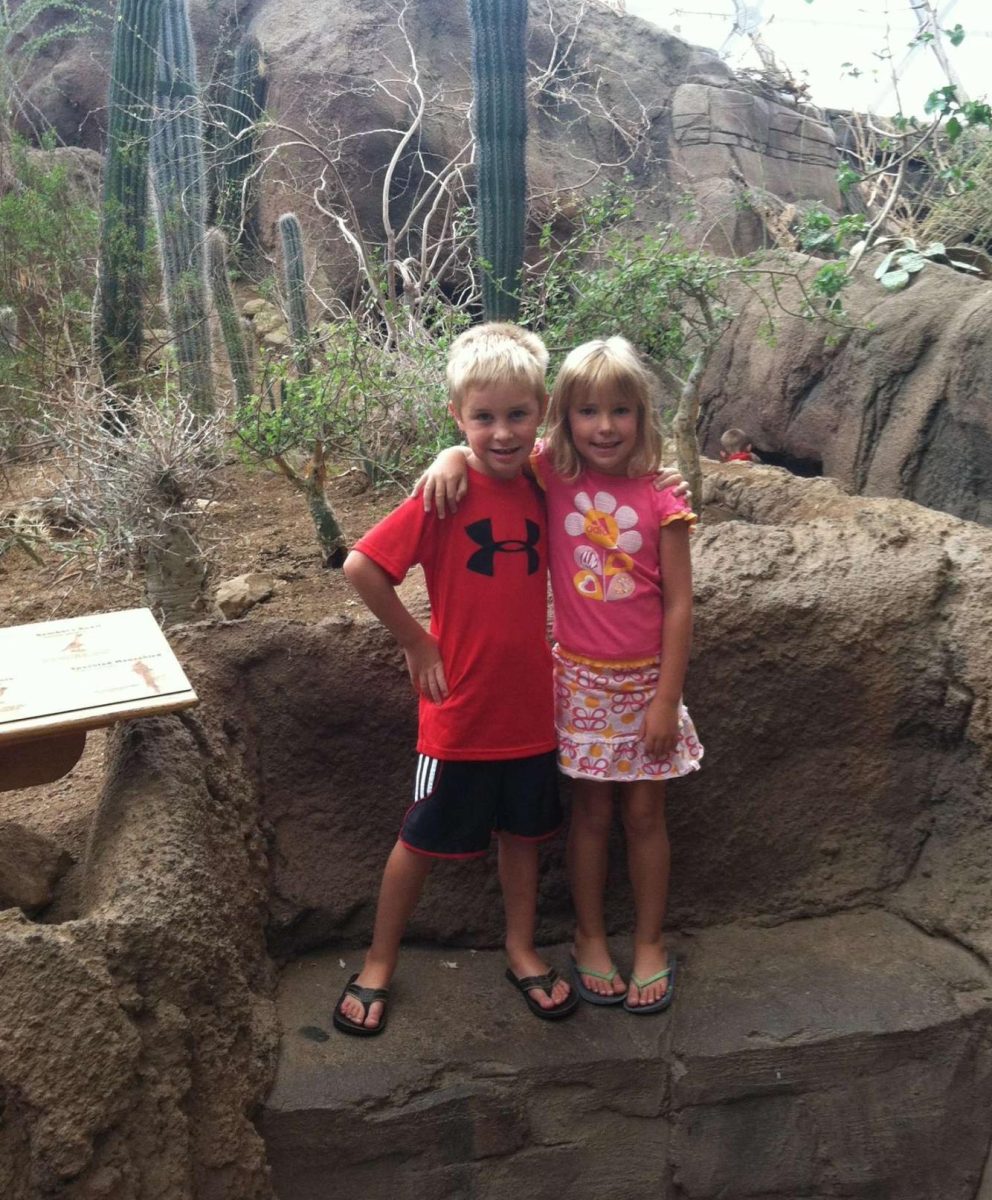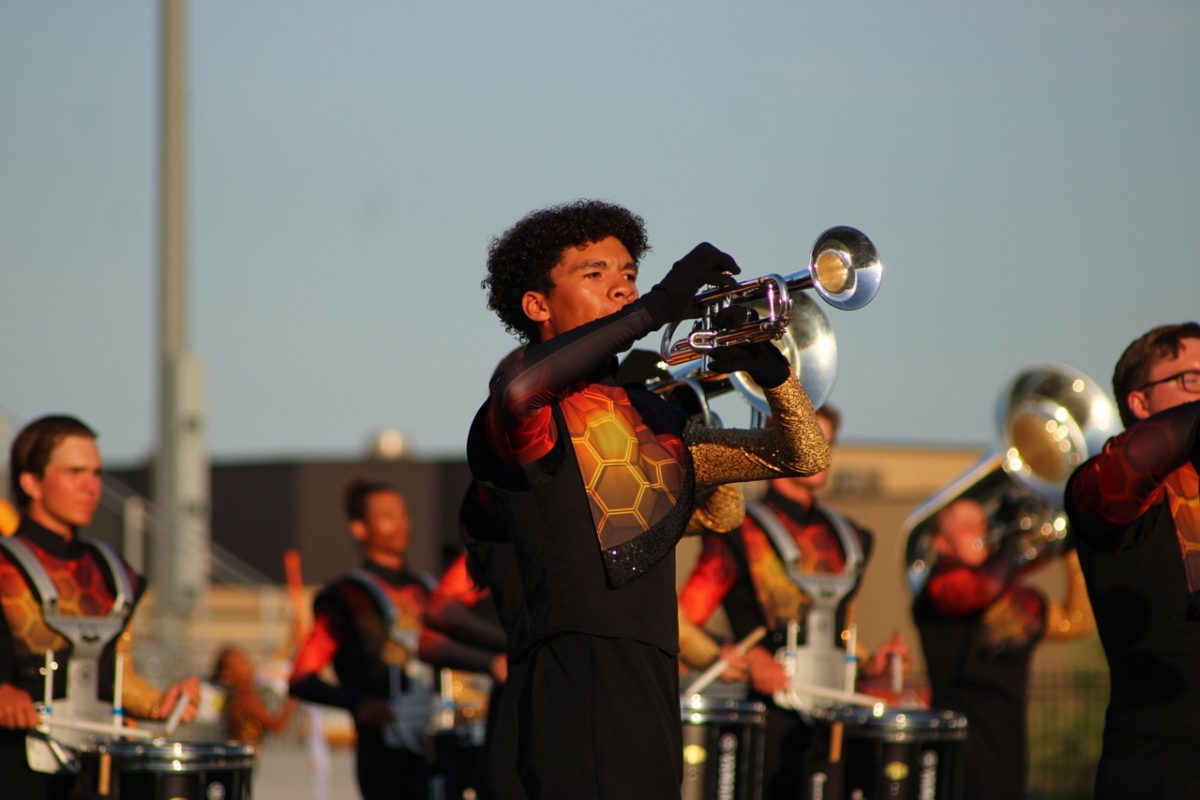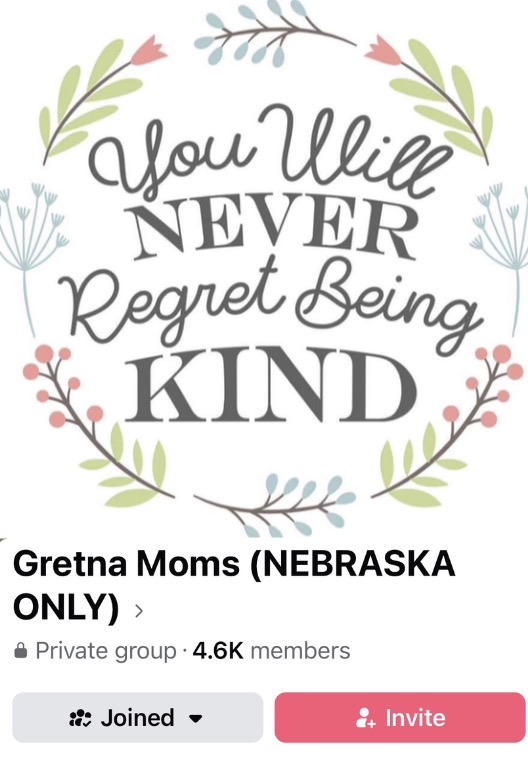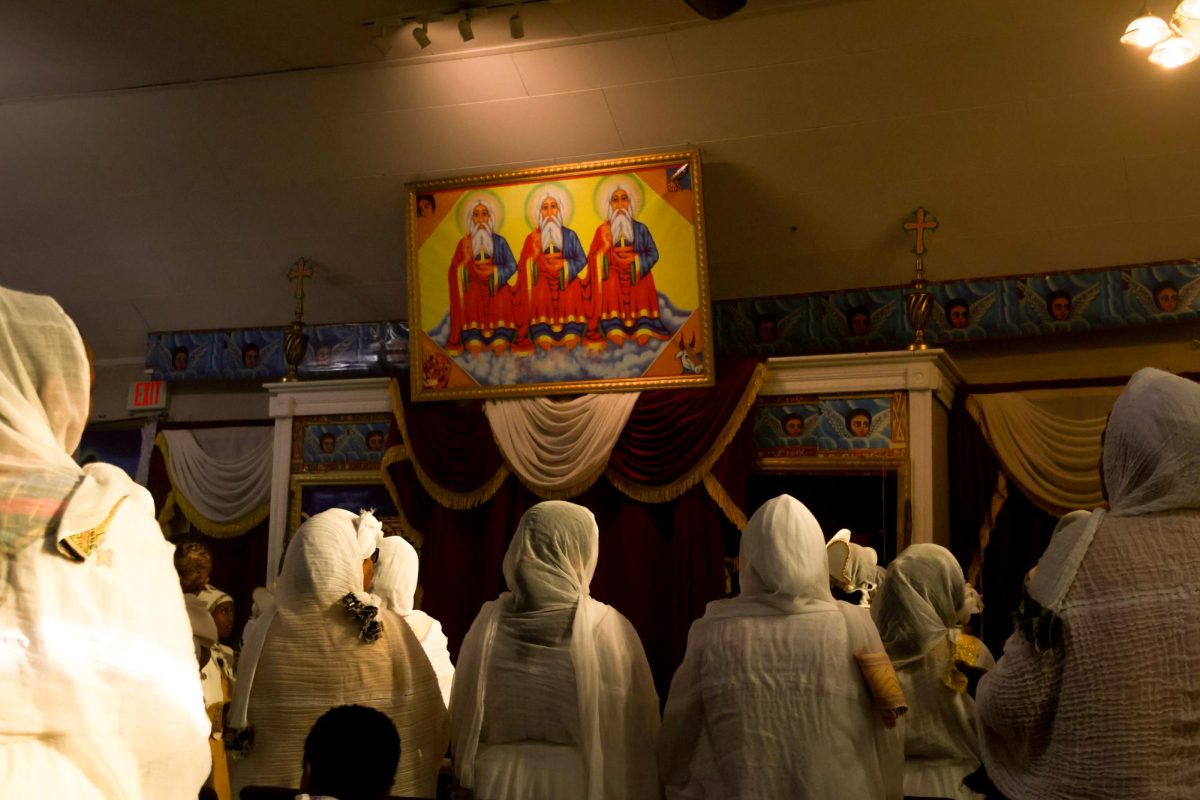In the class of 2024 alone, there are a total of 11 sets of twins and one set of triplets. Often, twins are perceived as mirror images of each other, but, in reality, they possess an array of differences. In fact, the differences between them, whether identical or fraternal, can be as profound as the similarities that they may share.
One of the most noticeable differences is personality traits. Each has their own unique personality which differentiates them from their sibling. Despite sharing a similar upbringing, twins create distinctions between their social circles and develop their own friendships.
“I do think Jacob and I have different friend circles because we are involved in different activities,” senior Olivia Behnke said. “I have all my friends from the choir world and he has his friends that he games and fishes with.”
Like any individual, twins undergo a series of unique life experiences that shape them. While some of these experiences are in common, others may be personal. Despite them sharing similar milestones and childhood memories, their own individual personalities and interests contribute to them shaping their own unique paths.
“When we were kids, me and Olivia did a lot more together than we do now,” senior Jacob Behnke said. “We are very different. I spent a lot more time doing things like hunting and fishing, and she never really liked any of that.”
Regardless of the fact that twins share a unique bond, they often have distinct paths towards their futures. With their own set of talents and specialties, they may go in different routes for jobs and college.
“We have very different plans for college since we don’t enjoy the same things,” Jacob said. “We just want different things. She’s focusing more on the medical route for school, and I’m doing engineering.”
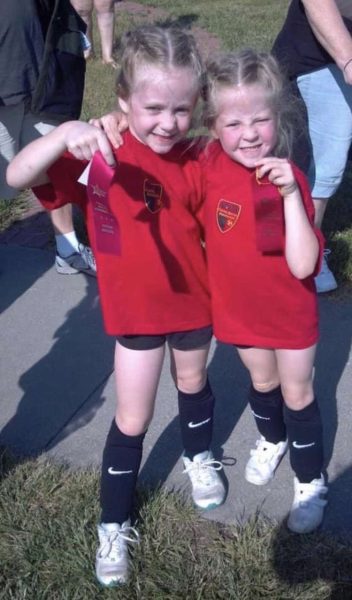
Twin relationships extend beyond the boundaries of childhood and adulthood. They can create close relationships with each other giving them a source of strength during challenging times. They are able to learn the importance of communication and cooperation at a very young age, which are skills that prove to be useful in their adult lives.
“I would say my favorite thing about having a twin sister would be that I always have someone to talk to,” senior Rozlyn Buettner said. “I love having someone that is always by my side through the highs and lows.”
Reagan echoed her sister and agreed that they truly are close friends. Considering the fact that siblings born together go through a lot with each other, this tends to create a unique relationship that most people don’t understand.
“I just feel like we compliment each other really well,” senior Reagan Buettner said. “Not every twin is similar, and me and Rozlyn are definitely not the same, but we’ve always been closer, and we work well together.”
Despite twins having their own personalities and individualities, people naturally tend to try to find comparisons between the two. They may compare themselves to each other, but they are also facing external comparisons from their friends, family and society. Ultimately, understanding the differences between them and their outlooks will give people more of an appreciation for their diversity.
“For me the biggest challenge about having a twin would definitely be the comparisons people make about us, and it’s frustrating because we are two different people,” Rozlyn said. “Especially with us both doing soccer, we got compared to each other a lot.”
Undoubtedly, twins have a unique connection that others might not understand. Regardless of them growing up together, they each have their differences and similarities. Rather than them being exact copies of each other, they have their own life experiences that the other does not have which gives them their own sense of individuality.


